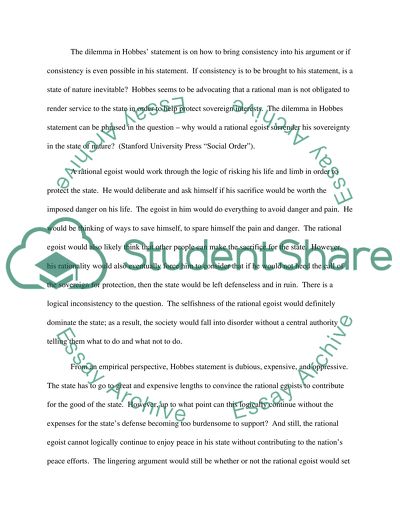Cite this document
(Thomas Hobbes' Theory about State and Power in Leviathan Book Report/Review, n.d.)
Thomas Hobbes' Theory about State and Power in Leviathan Book Report/Review. Retrieved from https://studentshare.org/philosophy/1556268-topic-is-enclosed-in-the-description
Thomas Hobbes' Theory about State and Power in Leviathan Book Report/Review. Retrieved from https://studentshare.org/philosophy/1556268-topic-is-enclosed-in-the-description
(Thomas Hobbes' Theory about State and Power in Leviathan Book Report/Review)
Thomas Hobbes' Theory about State and Power in Leviathan Book Report/Review. https://studentshare.org/philosophy/1556268-topic-is-enclosed-in-the-description.
Thomas Hobbes' Theory about State and Power in Leviathan Book Report/Review. https://studentshare.org/philosophy/1556268-topic-is-enclosed-in-the-description.
“Thomas Hobbes' Theory about State and Power in Leviathan Book Report/Review”. https://studentshare.org/philosophy/1556268-topic-is-enclosed-in-the-description.


